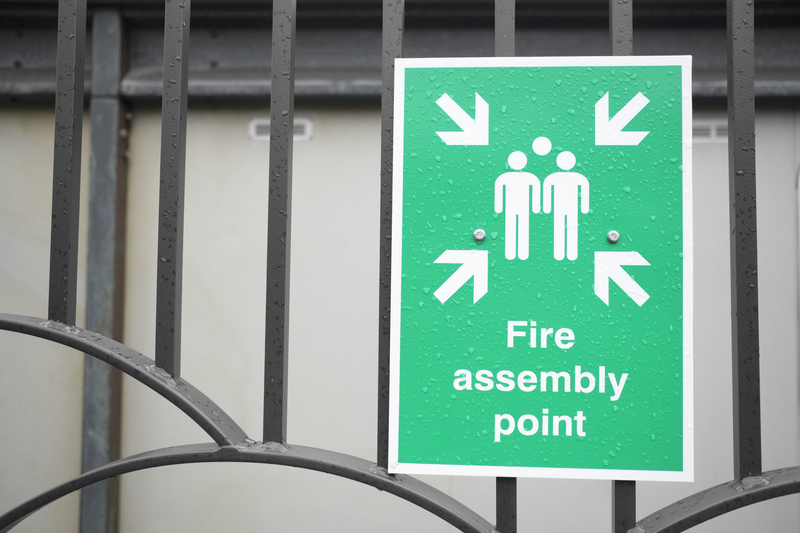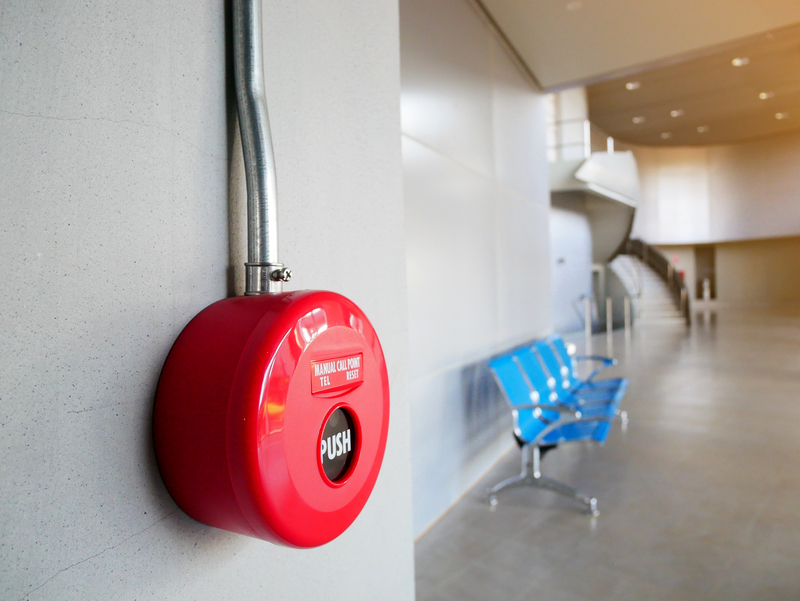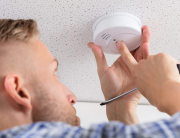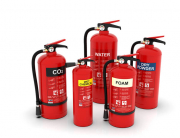The office might seem like a safe enough place, but just like any other UK workplace. It’s at risk of a fire starting and spreading without so much as a second’s notice. There are plenty of workplace fire hazards which are common from industry to industry. It’s not only a good idea to have fire safety and evacuation plan in place but to also consider what is likely to cause fires in the first place, and how you’re likely to be able to bounce back from them.
Here are just a few hazards you may come across in your own workplace, and what you may need to do to get everything under control.
Workplace Fire Hazards
Yes, it’s true, people are likely to be major causes of fire in the workplace. Our reasons for stating this should be fairly obvious. Without clear training and understanding of the risks of fire, your team could be creating genuine risks every day. This is something we can help you to change.
Simple mistakes such as failing to keep fire doors clear or failing to ensure that smoke alarms are working as they might are likely to encourage fires to spread and billow out of control. Therefore, it’s imperative you make sure that your whole team – and members of the public, where possible – are up to speed on even the smallest things which may cause fires.
Electrical Equipment
Modern office hazards largely revolve around electrical equipment. We depend on all manner of PCs and interconnectivity in the modern age! It makes sense that we should try to look after it all as much as we physically can.
Fires can start from electrical equipment, again, with very little encouragement. For example, something as benign as old wiring is likely to spark up and create ablaze. Therefore, it’s important to make sure that your wiring is up to date, and that you’re not overloading any of your sockets.
Otherwise, you’re going to need specialist fire safety equipment to put out an electrical fire – never, ever use water!
Low Preventative Measures
It should be a given that any workplace has fire prevention measures in place, whether it be equipment or building adjustments to prevent flames from billowing higher and higher. However, more often than not, poor planning is likely to be a major commercial fire hazard.
For example, you should have clear exits and gangways in place to ensure people are able to move swiftly out of the way of a fire unimpeded. Otherwise, a fire is likely to continue burning. You should also make sure that fire and smoke have the opportunity to drift out of your building. This means that you must have clear ventilation systems put in place. Otherwise, fires are only going to build higher and higher.
Take it from us – prevention is always better than the cure when it comes to fire!

Contact Us Today
Give us a call on 01604 760 600 or please feel free to fill in the enquiry form on our contact page today.






